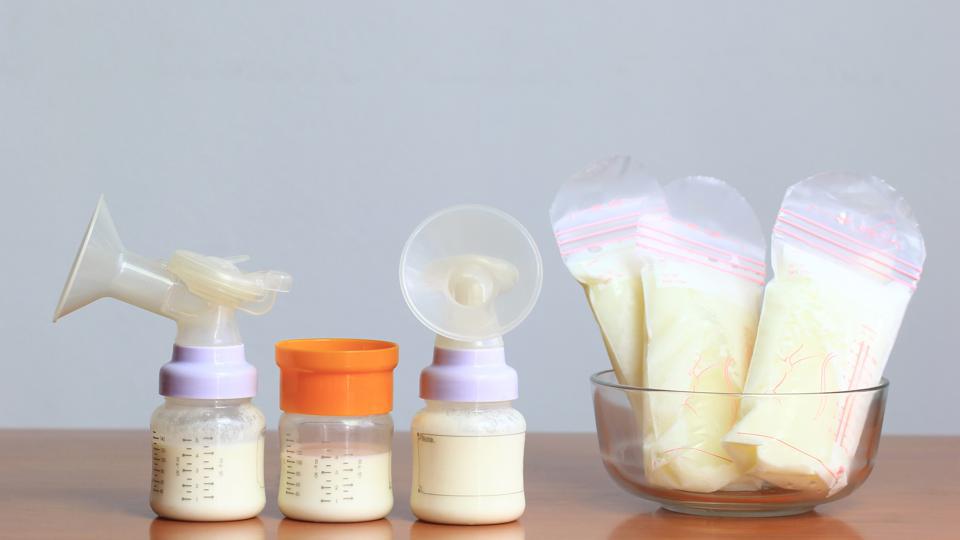Embrace ranching to boost milk production, Denmark tells FG
The Danish Embassy in Nigeria has told the federal government to consider the abolition of cattle grazing and embrace ranching to meet the country’s milk demand. The Sector Councillor on Foods and Agriculture, Mr Paul Jacob, while speaking on behalf of the Danish Embassy at the Dissemination Workshop on Setting up of Damau Household Milk […]

The Danish Embassy in Nigeria has told the federal government to consider the abolition of cattle grazing and embrace ranching to meet the country’s milk demand.
The Sector Councillor on Foods and Agriculture, Mr Paul Jacob, while speaking on behalf of the Danish Embassy at the Dissemination Workshop on Setting up of Damau Household Milk Farm Cooperative, organised by Milk Value Chain Foundation in Kaduna yesterday said, with 21 million cattle, Nigeria ought not to be importing milk product.
He said, “The situation can change, with Nigeria quadrupling its current milk production status if very intensive focus is put on improving crop of feeds, weight improvement with focus on milk and proper management on how to bring the factors together, as well as settlement of cattle in one place.
“We believe that Nigeria can be self-sufficient in milk production, looking at the vast arable land and hardworking farmers in the field because these are the two essential factors. But when a country has 21 million cattle and cannot produce its milk demand, there need for a transformation and focus needs to be placed on how to create business sense and to do proper business.”
The Chief Executive Officer of Milk Value Chain Foundation, Dr Ishaq Bello, said the Damau Household Milk Farm Cooperative was set up in Ruwan Sanyi-Damau, Kubau Local Government of Kaduna State, to ensure the sustainable operations of Damau Household Milk Farm, an initiative of Kaduna State Government.
On his part, the chairman of the farm cooperative, Idi Abdul, said the Damau Milk Farm has exposed them to global standards in milk production, away from the old fashioned style where hygiene practices in cattle rearing and milk extraction were very low.
